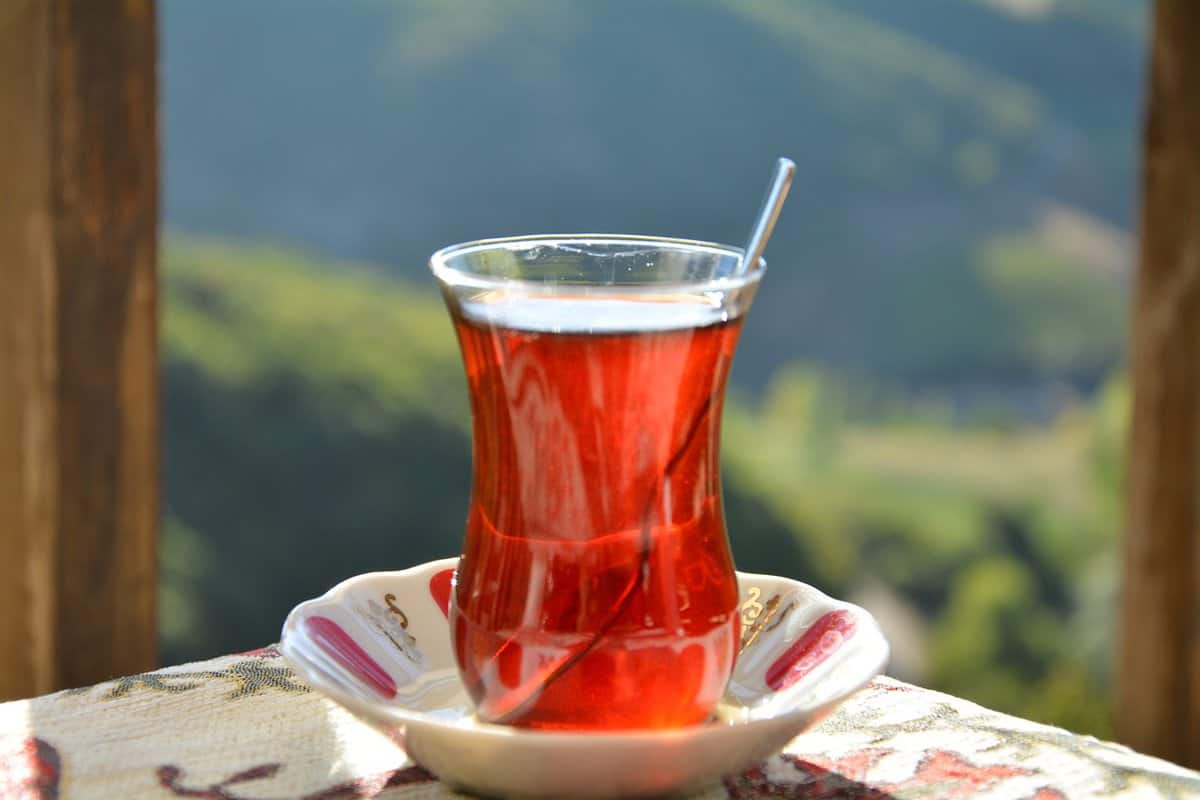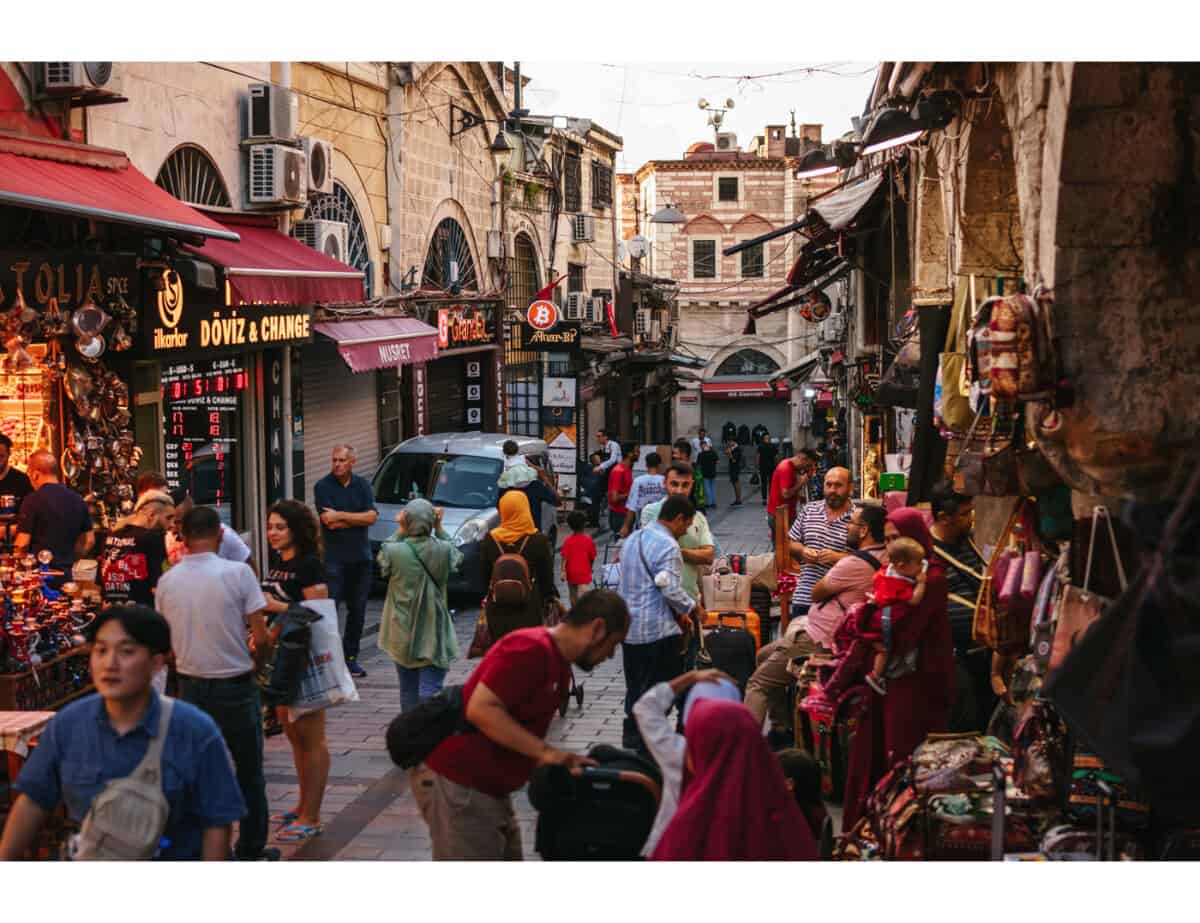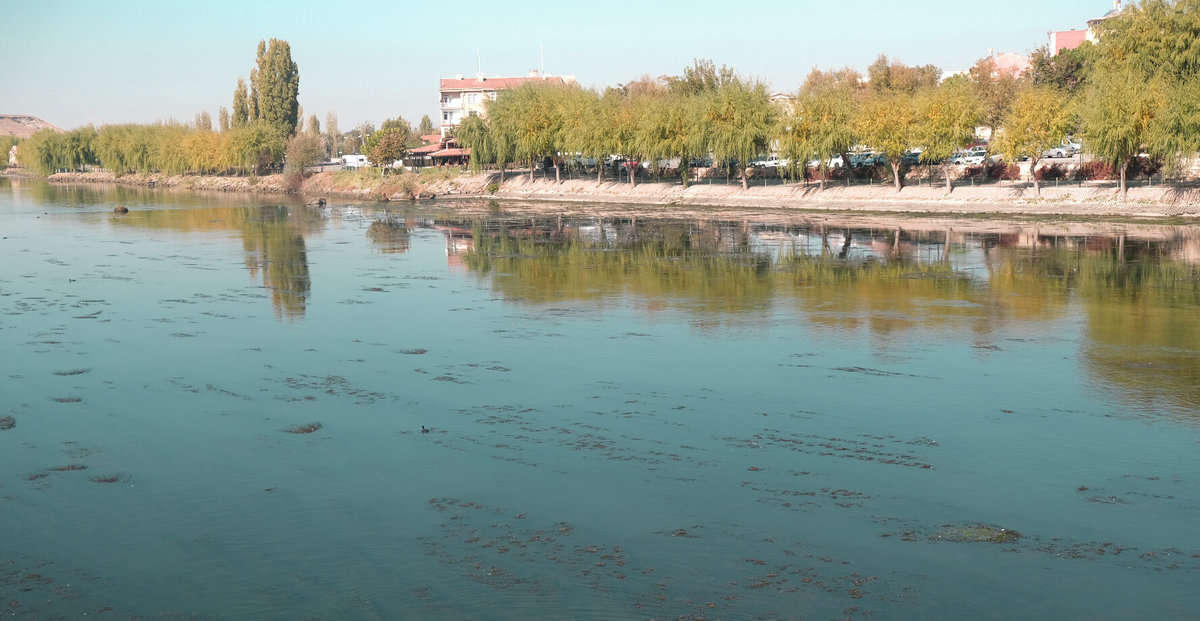
Nothing can beat the thrill of embarking on a journey to a new country, and Turkey in particular promises a wild variety of stunning landscapes, history and diverse cultures. Before taking a journey through this captivating country that bridges two continents, it’s important to be aware of the norms, traditions and cultural sensitivities to ensure a positive and enriching experience for you and for the local community. In this article, I delve into the vital role of understanding cultural sensitivities when traveling inside Turkey and provide insights to help you navigate it with grace and respect.

With its unique blend of Eastern and Western influences, Turkey is a place where traditions, customs, and social norms are deeply rooted. Whether you’re taking a journey into the glorious past of Cappadocia, wandering through the ancient caves of Istanbul or lounging on the pristine beaches of the Mediterranean coasts, understanding Turkey’s cultural nuances is your passport to forging genuine connections and ensuring an unforgettable and enlightening experience.
Here are seven key cultural sensitivities to consider when visiting Turkey:
Dress Modestly
While Turkey is a diverse and relatively liberal country, it’s respectful to dress modestly when visiting mosques, conservative and rural areas. Women must cover their heads and shoulders and wear long skirts or trousers when visiting religious sites. You will often find someone handing over scarves outside mosques for visitors to borrow but I personally prefer to wear my own so I always carry one in my bag.
Greet with Courtesy
Turkish people are known for their hospitality, and polite greetings are essential. When entering a shop or someone’s home, always greet with “Merhaba” (Hello) and be prepared for some small talk before discussing your reason for being there.
Be an exemplary guest
Hospitality is an integral part of rural Turkish culture. If you make acquaintances, especially when traveling solo, it’s highly likely that you receive at least one invitation to share a cup of tea, either at a local teahouse or in someone’s home. Unless you are really pressed for time, not obliging may be considered rude so try to accommodate your host if possible. Turkish people drink litres of tea and will keep refilling your cup until your bladder is about to burst. Putting a spoon across the cup is one polite way of letting them know you don’t want more.
If on the other hand you are invited for a meal, it is considered polite to decline graciously the first offer. A genuine invitation will be extended at least two more times in which case you should accept. Being invited into a Turkish home for a meal is a huge deal and a sign of respect from your host. When visiting someone’s house, you should remove your shoes at the doorstep. In urban households, you can expect to be seated at a table with members of the family to share a meal. In rural homes, people typically sit on cushions on the floor and eat on a low table.
Putting your foot up while sitting or pointing the sole of your foot at your host is considered rude.
Take a gift. Don’t turn up empty handed at someone’s house. Small gifts are appreciated such as sweets for children, chocolates or pastries (baklava boxes are quite popular and easy to buy). Do not offer wine unless you know for certain that your host and their family drink alcohol.
Going Dutch is not a concept in Turkey. If someone invites you to dinner, that implies that they will pay the bill, you should still offer to pay (the bill in full) but don’t argue when they insist. You will be expected to return the gesture at another occasion.
Use the Right Hand for Gestures
In Turkey and most of the Middle East, it’s considered impolite to use your left hand for gestures, eating, or giving and receiving items. The right hand is the one to use for such actions. Now I am the first one to admit that this can be hard to achieve when you are left -handed like myself and hardly use your right hand! I try to consciously remember to do it on occasions but most of the time I forget! Luckily we are a minority so most people won’t have this issue!
Public display of Affection and personal space
While public affection between couples is generally accepted in urban areas, it’s wise to be mindful of cultural norms and avoid excessive displays of affection, especially in more conservative regions. On the other hand, Turkish people are very tactile so you will often see members of the same sex kissing on both cheeks or sharing a hug when they meet. If you are a male, you should not attempt to kiss a woman on the cheek or shake her hand unless she extends her hand first.
Queuing etiquette
It’s safe to say that there is no such a thing as queuing in an orderly manner in Turkey so don’t feel offended if someone cut you to make their way to the till when you were politely queuing or you were ambushed by a group of people trying to board a bus or a train. They are not being rude to you, it’s just how it works there!
Respecting the elderly
In Turkey, there is a strong tradition of valuing and showing respect to older generations. This respect is deeply rooted in the country’s history and is reflected in various aspects of daily life. When addressing the elderly, it is common to use respectful titles even among strangers. It is also customary for younger people to offer their seats to the elderly on public transportation as a form of respect.
Opinions and decisions of older family members are highly regarded when it comes to family matters.
This behaviours are not only considered good etiquette but are also a reflection of the strong family bonds and traditional values that are cherished in Turkish society.
These cultural sensitivities are meant to help you have a more enriching experience in Turkey while also fostering cultural understanding and appreciation. However, it’s important to note that Turkish people have a high degree of tolerance and understanding and would not criticise you or be any less welcoming and friendly if you didn’t practice some of these customs.







